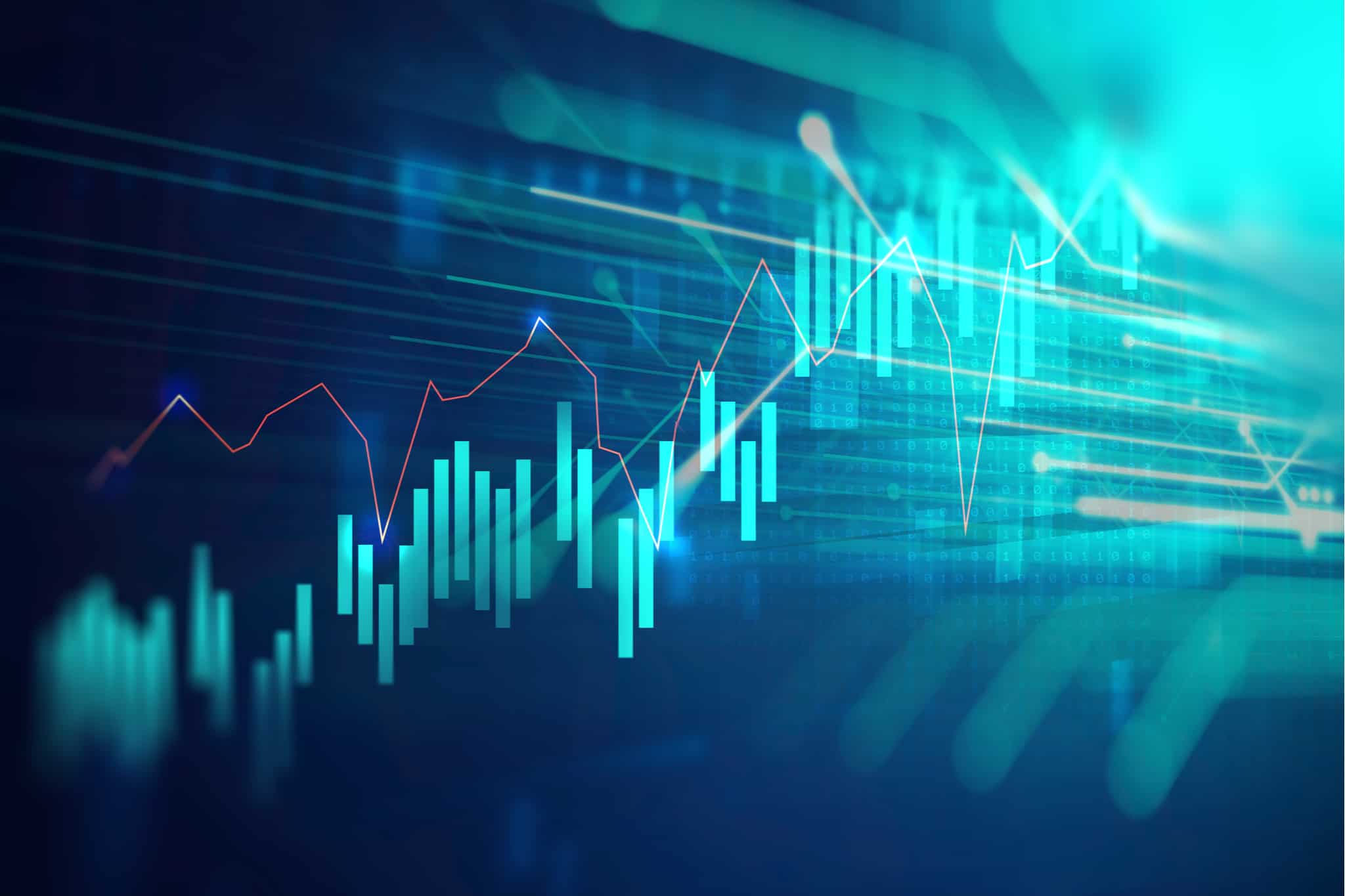


Introduction
August used to be known as the ‘silly season’ – a phrase coined by the Times in 1861 to describe the lack of news in August and early September when parliament was in recess.
Well, there was plenty of news in August 2020. With coronavirus and its effects, the continuing squabbles over Brexit, the US Presidential election and the resignation of the Japanese Prime Minister, the headline writers had more than enough to keep them busy. Objectively, much of the news was gloomy – redundancies continued to pile up, jobs growth in the US stalled and Japan recorded its biggest economic slump on record.
Despite this, stock markets around the world marched steadily upwards. As the FT headline on 1st September put it, Global stocks soar during hottest August for decades in markets.
Much of this ‘soaring’ was due to the expectation of more stimulus measures and/or a vaccine for the virus, with the sentiment helped by the resumption of US/China trade talks.
As always, let’s look at all the details…
UK
August was the month of ‘eat out to help out,’ Chancellor Rishi Sunak’s widely-praised scheme to help the restaurant and hospitality sector. The scheme was used 64m times in the first three weeks of the month: you would not bet against a similar stimulus being unveiled for, say, the dark and dismal months of November.
Rather more seriously, the UK formally went into recession for the first time since the financial crisis of 2008 as figures revealed that the economy had shrunk by 20.4% in the second quarter of the year.
The Bank of England now expects the economy to shrink by 9.5% this year. The bad news is that this is the worst annual decline for 100 years: the good news is that the original expectation was a decline of 14%.
The Chancellor’s stamp duty holiday has unquestionably stimulated the UK housing market, with City AM reporting that house prices were ‘out of negative territory’ for the first time since March. The UK Purchasing Managers’ Index also rose, recording its highest score in nearly seven years as it reached 60.3 in August, up from the 57.0 recorded in July.
We must, though, note the fact that UK Government debt passed £2tn in August, and the apparently bottomless pit that is Crossrail needed another £1bn of funding. Somewhat late in the day the Treasury announced that it was going to ‘tighten the assessment’ for new projects.
Rolls Royce reported an eye-watering loss of £5.4bn for the first half of the year as global travel slumped, and the month ended with rumours of £30bn of tax increases in the Budget as the Chancellor looked for ways to pay the bill for Coronavirus.
And what of UK retail, the high street and the inevitable job losses? As we write this section of the commentary on the morning of 1st September, the UK’s furlough scheme has started to wind down, with the Government now paying 70% of the wages of furloughed staff, rather than the previous 80%. Will this mean September sees more job losses?
August was certainly bad enough with the high street continuing to feel the effects of the pandemic. Retail footfall actually continued its slow recovery in July, but that was too late to prevent Debenhams axing 2,500 jobs and calling in the liquidators, and Marks and Spencer announced that it would cut 7,000 jobs over the next three months. Figures released by the Office for National Statistics showed that 220,000 people lost their jobs between April and June as Prime Minister Boris Johnson warned that the economy had a “long, long way to go” to a full recovery.
…But there was some good news for jobs. Tesco announced that it would create 16,000 due to a surge in online shopping. That clearly doesn’t bode well for the traditional city centre. As far as traditional retail and the ‘commuter economy’ are concerned, it looks as though coronavirus has accelerated trends that might otherwise have taken 20 or 30 years to arrive.
So was the UK stock market M&S or Tesco in August? It was Tesco – but only just. As some stock markets around the world recorded significant gains and echoed the FT headline, the FTSE-100 index of leading shares rose by just 1% to 5,964. The pound was up by 2% against the dollar, ending the month trading at $1.3373.
Brexit & possible trade deals
Ah, what would a month be without the usual war of words over Brexit? In the middle of the month, the UK let it be known that it was ‘confident’ of achieving a trade deal with the EU next month. By the end of the month, the talks appeared to have stalled over the rules governing state aid, with both sides – as usual – blaming the other and threatening to walk away from the table.
There was, though, better news of other post-Brexit trade deals, as a deal with Japan looks set to be completed in the near future (assuming it is not pushed back by Japanese Prime Minister Shinzo Abe’s resignation) and talks with Australia about to intensify.
In theory, the Brexit section of the Bulletin only has five more months to go. No one who is a regular reader would bet against it still being here in January 2021…
Europe
August is, of course, the month when Europe traditionally goes on holiday. That was certainly the case this year. Having agreed an economic rescue package in July, Europe’s leaders appear to have left for the mountains and the beaches, so little news there in August.
It is, therefore, perhaps worth looking at some of the underlying numbers for Germany, the economy which will presumably drive Europe’s recovery. We reported last month that German GDP shrank at a record rate – 10.1% – between April and June. Despite this, the country is still producing a healthy balance of payments surplus – €16.1bn in June, but unemployment is still relatively low at 6.4%. Interest rates are at 0% and month on month inflation fell to -0.1% in August.
All this translated to a good month for the German stock market. The DAX index was up 5% in the month to close at 12,945. The French market did slightly worse, rising 3% to 4,947.
US
As if it were ever in doubt, it has now been confirmed. The US Presidential Election on November 3rd will be between two sprightly young bucks, with Joe Biden (78 two weeks later) challenging the 74 year old incumbent. No country for old men indeed…
As well as formally accepting the Republican nomination, Donald Trump spent much of August threatening to crack down on Chinese technology companies, using an executive order to target TikTok and WeChat and – as reported below – continuing his efforts to restrict Huawei’s use of US technology.
The US has now reached 6m cases of coronavirus and jobs growth slowed in July as the pandemic took its toll. Employers added 1.8m jobs in the month, down from a record 4.8m in June.
Retail sales also slowed, with growth of just 1.2% in July – well below analysts’ expectations of 2.1% growth. As the virus continued spreading across the country, state authorities paused planned openings, or shut down businesses that had already re-opened.
It seems clear that stimulus packages will continue for some time to come and, in a major shift in policy, it now appears that the US Federal Reserve will be prepared to tolerate higher inflation as the price of keeping interest rates low.
In company news, Apple became the first US company to be valued at $2tn (£1.49tn). There was certainly plenty of confidence in the private sector, with the Purchasing Managers’ Index jumping to 54.7 in August, from 50.3 in July – the strongest performance for 18 months.
That was reflected on the stock markets. The Dow Jones index rose 8% in the month to close at 28,430 – less than 1% below the level at which it started the year – while the more broadly based S&P 500 index was up 7% to a very neat 3,500.
Far East
August was a strange month in the Far East: most of the major news stories could be filed under ‘bad news’ but – as we will see below – all the major stock markets in the region made gains.
The month started with HSBC announcing that interim profits for the first six months of the year had fallen by 65% due to the pandemic. Admittedly, they were still $4.3bn (£3.3bn), but this was well below analysts’ expectations. The bank said that bad debts due to the pandemic could reach $13bn (£9.7bn) and that it was accelerating the planned programme of 35,000 redundancies.
In the middle of the month, Hong Kong cut its economic forecast for the year – it is now expecting a contraction of 6% to 8%, compared to the previous forecast of 4% to 7% – and figures for the second quarter showed that Japan had suffered its biggest economic slump on record. The world’s third largest economy – already struggling with low economic growth before the crisis – saw its economy contract by 7.8% between April and June.
There was more bad news for Japan at the end of the month as Prime Minister Shinzo Abe – the architect of ‘Abenomics’ – resigned on ill health grounds.
The US continued to tighten its restrictions on Chinese telecoms company Huawei, as it sought to stop the company buying computer chips made with US technology.
In the latest example of the power of online retail, Chinese financial technology company Ant – affiliated with retail giant Alibaba – unveiled plans for a stock market debut that may raise a record $30bn (£22.4bn).
As we mentioned above, August was a good month for the region’s stock markets despite the bad news. The Japanese index defied the slump and rose 7% to 23,140, while China’s Shanghai Composite index and the South Korean market both made gains of 3%, to 3,396 and 2,326 respectively. Hong Kong’s Hang Seng index rose by 2% to close August at 25,177.
Emerging Markets
It was a quiet month for news in the three major emerging markets that we cover. Two of the stock markets made gains, with India leading the way. The SENSEX index rose 3% to close the month at 38,628. The Russian market was also up, gaining 2% in August to end at 2,966.
However it was a different story in Brazil, where the market fell 3% to finish the month at 99,369.
And finally…
Could it be that August 2020 will go down in history? A vintage month for the ‘And finally’ section of the Bulletin? When all other months were hit for six?
Quite literally…
Let’s start off with Irish cricketer Kevin O’Brien. Playing for Leinster Lightning against North West Warriors, Kevin blasted a quick-fire 82, including eight sixes. Sadly, one of the sixes sailed over the boundary ropes and straight through the rear window of his own car.
Meanwhile, people are going nuts for Ohio woodworker Michael Dutko’s latest creation. He spent a cheerful eight hours building a ‘bar’ which dispenses seven different nut flavours to the neighbourhood squirrels. Among others, the lucky squirrels can choose from Peanut Pilsner, Pecan Porter and Pistachio Pale Ale.
Sadly, Messrs O’Brien and Dutko would get short shrift from the University of Fine Arts in Hamburg, which is giving three €1,600 (£1,450) grants in laziness. Professor Friedrich von Borries, who’s in charge of the project, believes laziness should be studied more closely. “It’s about getting off life’s hamster wheel,” he said.
So no nuts for you, Professor…
…And we stay in Germany to applaud one of the true heroes of ‘And finally…’
As many readers will know, Germany is famous for its naked sunbathing spots – a park in Berlin, for example. Sadly, certain parts of the city also have a problem with wild boars. One German gentleman was relaxing in a state of nature at Teufelssee, a lake in the west of Berlin. Naturally, he put his bag – containing his laptop – to one side.
Enter a wild boar which – obviously anticipating a tasty German sausage – stole the bag and made off with it. Our hero leapt to his feet and without another thought (or stitch of clothing) gave chase through the park.
What can you say? A stolen laptop, an exciting chase scene..? Just like a Jason Boar-ne movie…



